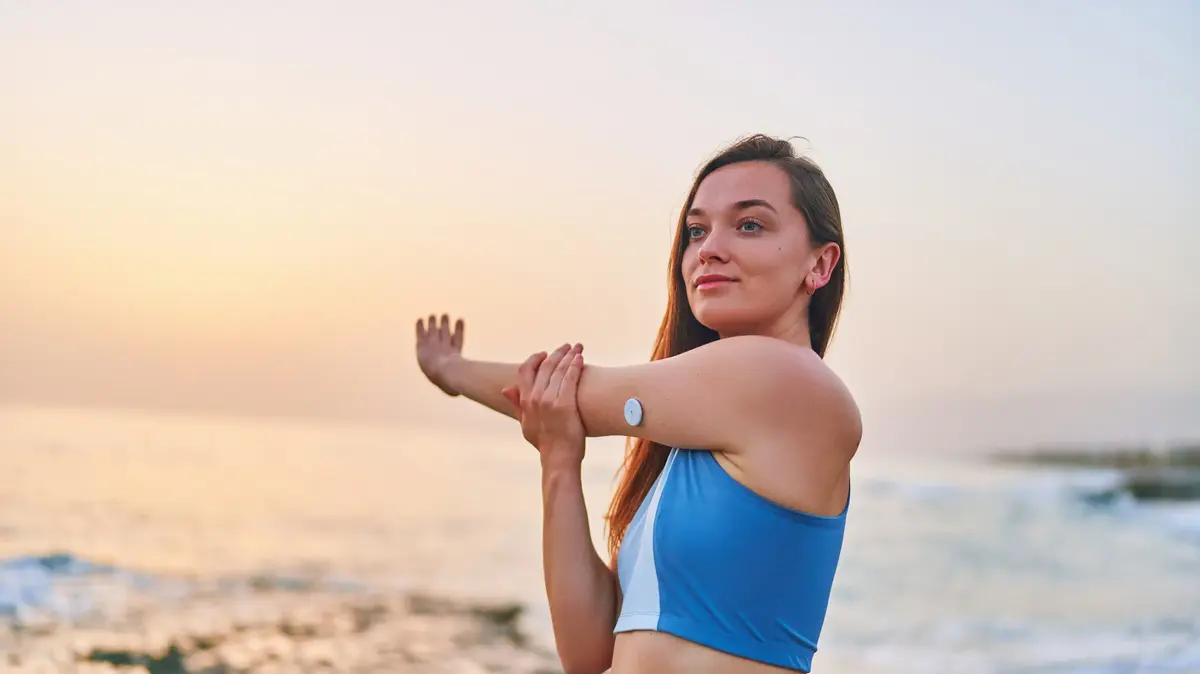Hypoglycaemia is one of the most common complications of diabetes.
To prevent dire consequences, the following symptoms should be taken seriously.
Medical professionals speak of hypoglycemia (colloquially as "low blood sugar") when the blood sugar level drops to an abnormally low level.
Less than 50 to 60 milligrams of sugar per deciliter of blood or 2.8 to 3.3 millimoles per liter (mmol / l) are considered to require treatment.
If this does not happen, there is a risk of seizures, loss of consciousness and even coma *
.
According to the diabetes advisor and the Rathausapotheke.de portal, the following signs suggest that blood sugar has dropped to a critical level:
sweat
Heart palpitations to a racing heart
Pallor around the mouth and nose
Cravings
Dilated pupils
Tremble
Poor concentration
Headache and dizziness
Speech disorders such as word finding disorders
Visual disturbances, for example double vision
confusion
Restlessness, nervousness, anxiety and irritability
nausea
If the sugar level continues to fall, there is a pronounced lack of energy in the brain and the following symptoms:
Behavior disorders (aggressiveness)
Impaired consciousness
Incoordination
Seizures
Unconsciousness or coma
Also read
: Recognize the harbinger of diabetes insulin resistance in good time and take the first signs of diabetes seriously.
Hypoglycemia: Hypoglycemia may be due to the following reasons
Hypoglycaemia is primarily associated with the metabolic disorder diabetes.
But there are other causes of low blood sugar levels as well.
According to Techniker Krankenkasse TK, the following causes can trigger hypoglycemia:
In diabetic patients: an insulin dose that is too high, the interval between an insulin injection and a meal too long, use of oral antidiabetic drugs, alcohol consumption, changes in the body's need for insulin, e.g. during physical activity
Taking medication, for example beta blockers or psychotropic drugs
Illnesses with vomiting and diarrhea or if you eat less because of your illness
Other causes such as liver disease or kidney failure
Treating hypoglycaemia: When to call the emergency doctor
The following applies:
Severe hypoglycaemia is an emergency.
If the person concerned can no longer be approached, an emergency call must be made immediately on the telephone number 112. Then bring the person concerned into the stable side position. Relatives who have been trained for emergencies can also give the person affected a glucagon injection, as the TK informs. If the person concerned is very hypoglycemic, but still responsive, you should give them sugar. 30 grams of sugar are indicated by TK as the optimal dose, which corresponds to about six platelets of glucose or 0.3 liters of cola. If the blood sugar remains low, repeat the administration after 15 minutes.
Mild hypoglycaemia can be brought under control yourself
, it continues.
At the first signs of hypoglycaemia you should take sugar in the form of glucose gels, glucose spray, sugary sodas, fruit juices or glucose.
This is how diabetics proceed with mild hypoglycaemia:
Consume 20 grams of sugar (two carbohydrate units).
This corresponds to about two glucose gels, four platelets of glucose or 0.2 liters of cola.
Measure your blood sugar after 15 minutes.
If your blood sugar levels are still too low (50 mg / dl (2.8 mmol / l) to 60 mg / dl (3.3 mmol / l)), take another 20 grams of sugar.
When your blood sugar levels return to normal, you should eat something to keep the blood sugar level stable.
(jg) * Merkur.de is an offer from IPPEN.MEDIA.
More sources: https://www.diabetes-ratgeber.net/Unterzucker/;
https://www.die-rathausapotheke.de/medizin/symptome-bei-unterzuckerung/
Read more
: If you have breakfast at this time, your risk of diabetes is reduced enormously, according to the study.
When feet and toes suddenly cramp
When feet and toes suddenly cramp





